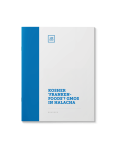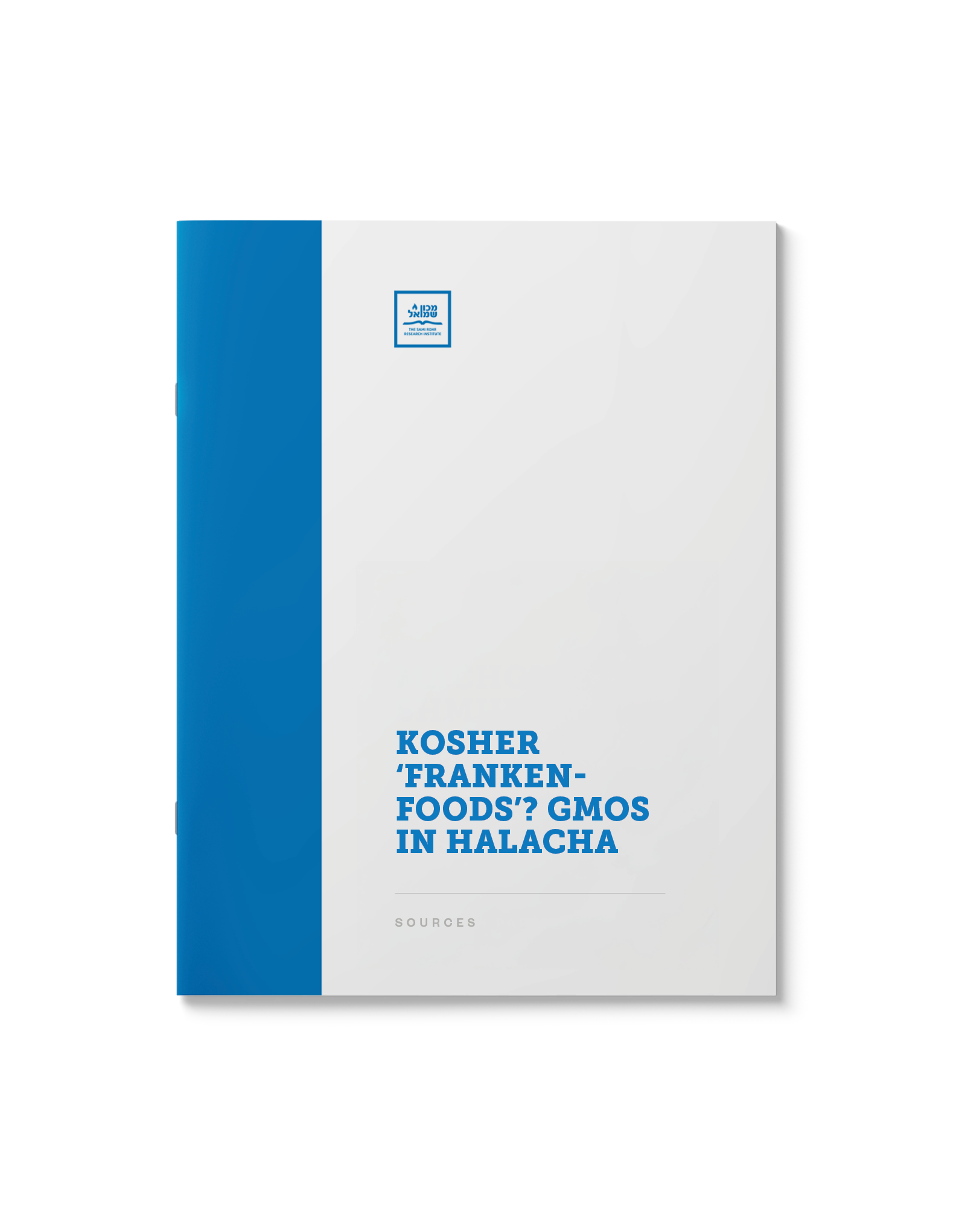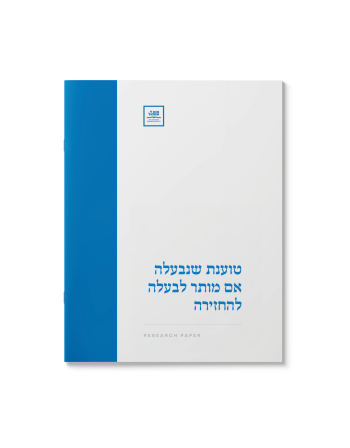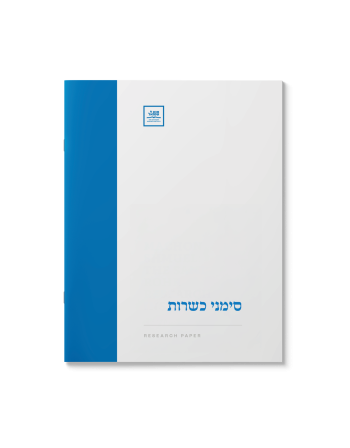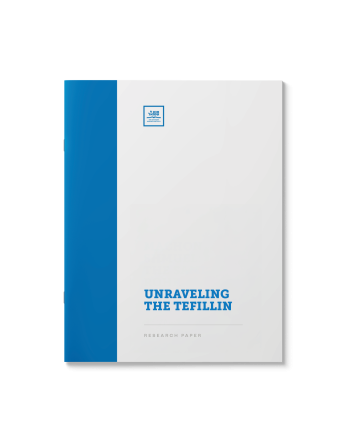Kosher ‘Frankenfoods’? GMOs in Halacha (Sources)
$75.00
Scientific advances have unlocked some of the ‘source code’ of living organisms, where by splicing genes from, say, arctic salmon into strawberries, or mice into chickens, we can produce strains of plants and animals which grow better, are more resilient, and are more beneficial economically or otherwise.
While discussion abounds regarding the long-term health effects of these developments, what is the Torah’s view on such manipulation? Do the ethos of kilayim preclude meddling in G-d’s domain? Or does the command to “fill the earth and subdue it” (Bereshis 1:28) provide the ethical mandate to do just that?
What are the Halachic ramifications? Is the act of implanting the gene –in flora or fauna- a violation of kilayim? What is the kosher status of the resulting hybrids? Does the status of the donor carryover to the recipient? What if the transferred genes affect the presence of the traditional kosher signs? (a tuna with no scales, a shark with scales)? Is an Esrog which has been thus modified considered a Murkav, disqualifying it from use for the Mitzvah?
Is there a spiritual effect? Do the characteristics of those animals which the Torah deems negative carry over into the new creature? Would consuming this (otherwise Kosher) creature bring spiritual coarseness (timtum halev)?
A collection of Tshuvos and articles in Hebrew and English.
| Language | English |
|---|---|
| Paper Type | Sources |
| Pages | 228 |
Related Products
A detailed look at the history and laws of yayin nesech. Can an irreligious Jew render wine yayin nesech? Is pouring wine part of the prohibition? What difference does pasteurization make?
It is common practice for those wearing a Tallis in shul, to remove it before entering a washroom. Why would a Tallis be any different than an ordinary pair of Tzitzis and Yarmulka that are never removed for this purpose
Jewish law regulates the consumption of food cooked by a Gentile. Is microwaving considered cooking for this purpose? This paper
illustrates how the ancient kashrut laws apply to modern technologies.
Your hostess has labored to prepare a tongue tantalizing gourmet dinner, but alas – her fine china dishes were never ritually purified by immersion in a Mikvah. How do you navigate this delicate situation?
Are you headed in the right direction? Depends who you ask. And when.
Many Jewish practices, such as circling the Bima on various occasions, shaking the Lulav, lighting the Chanukah candles, and others, are associated with particular physical movements in both the right and left directions.
However, the definition of right and left is apparently subject to interpretation. Is “derech yemin” clockwise or counterclockwise?
Read the history of this controversy and its intriguing halachic applications.
“Do not cook a kid in its mother’s milk.”
Traditional Kosher cooking avoids all forms of meat and milk combinations, including poultry.
What is the origin of this prohibition and when did it begin?
כבוד ההורים היא מצוה גדולה וחשובה עד מאד. אך ממבט ההלכה, מהי הגדרת המצוה והמגבלות שלה? מהו נכלל בכבוד או במורא? למען יאריכון ימיך.
For some, only a serious serving of Cappucino or Esspresso can pack in a much needed energy boost for the day.
With 11,962 Starbucks locations throughout the United States, the prospect of buying coffee from your local coffee shop raises some important halachic questions.
Part I:
Does a coffee prepared by a non-Jewish barista involve an issue of Bishul Aku”m? May one drink inside the coffee shop, or only to-go? What was the Arizal’s unique take on the subject? Also: what is the proper Bracha on coffee beans?
(Hebrew)
In addition to the Prohoibition against Gambling, observant Jews seem to have an aversion to the standard deck of playing cards.
What could be wrong with an innocent game of Solitaire?
Where should a mezuzah go? An analysis of the Chabad approach, where the mezuzah is placed on the doorpost opposite the hinges.
מקובלת ההנחה כי שונים הם תנאי כשרות הבהמה והחיה מהעוף. אם העוף נאכל לפי המסורת היהודית, הרי שהבהמה והחיה נאכלים לפי הסימנים המנויים בתורה. או שמא לא? האם המסורת משפיעה היא גם על כשרות הבהמה והחיה?
This paper is a sequel to Tefillin 101 and provides an expanded view of the halachic and esoteric dimensions of the mitzvah of Tefillin.


